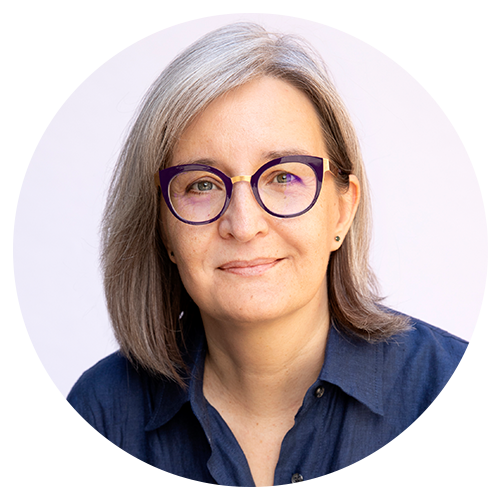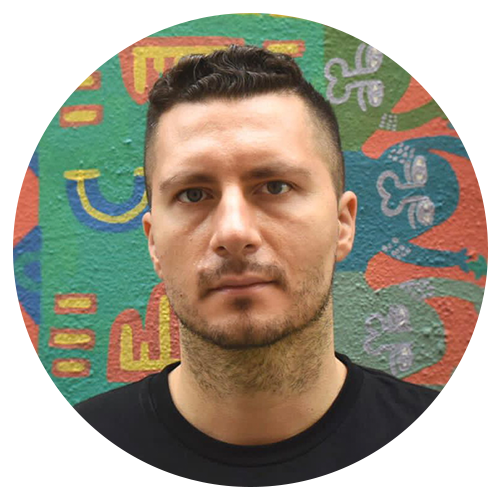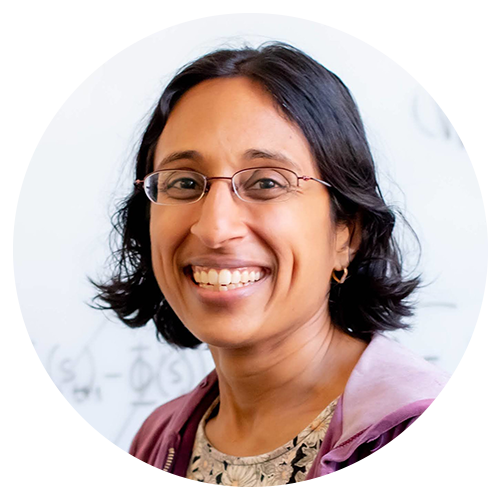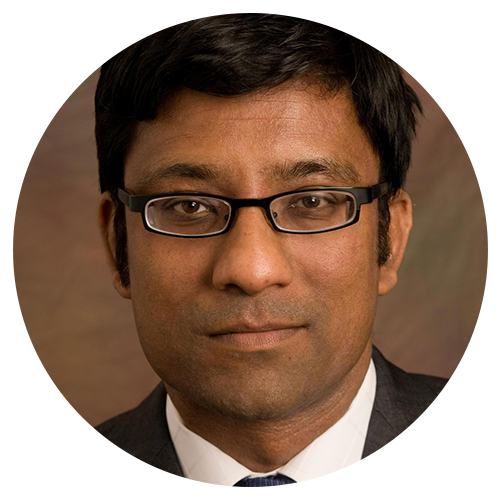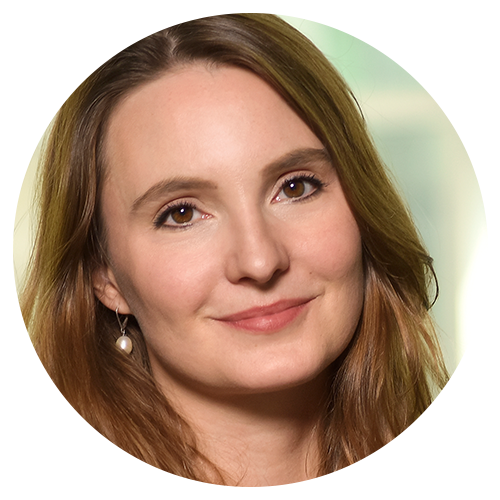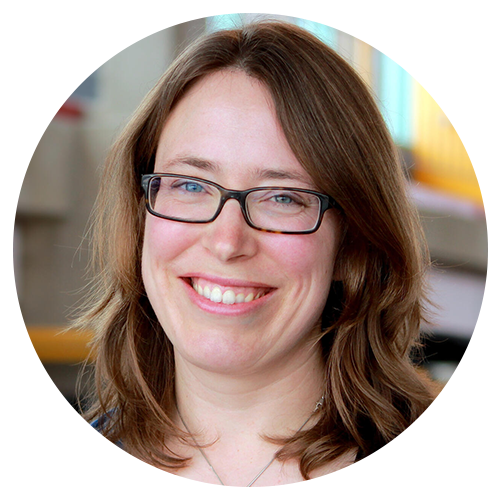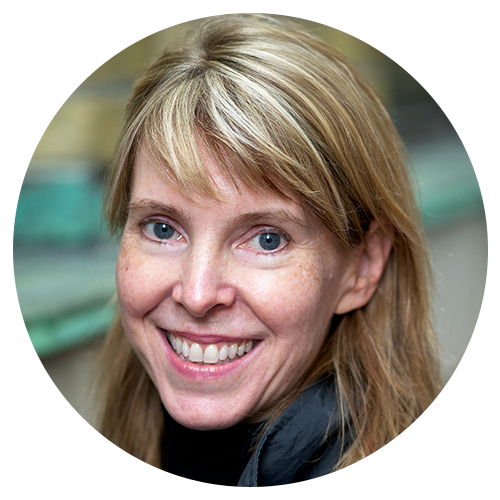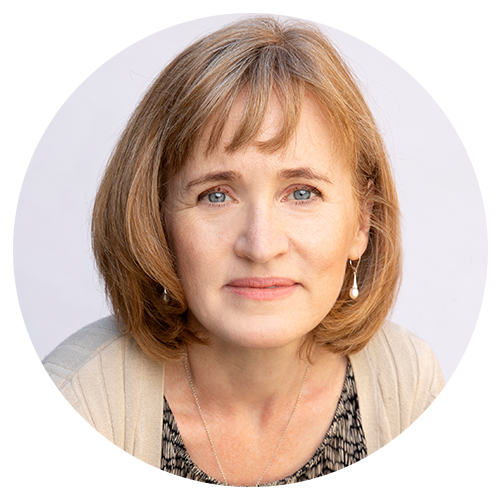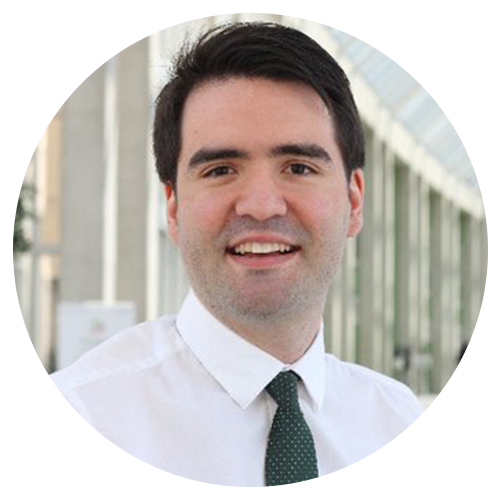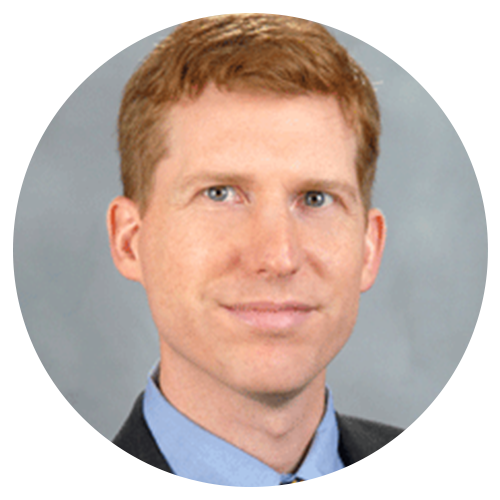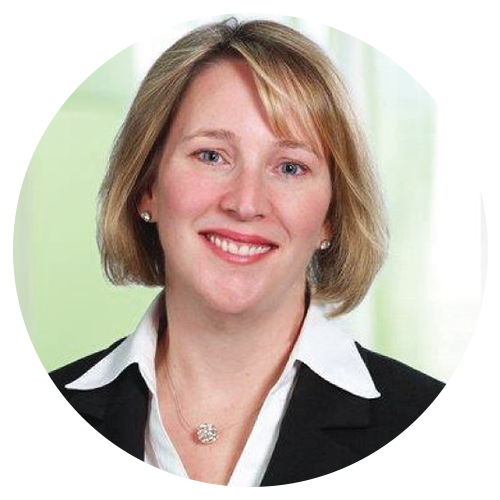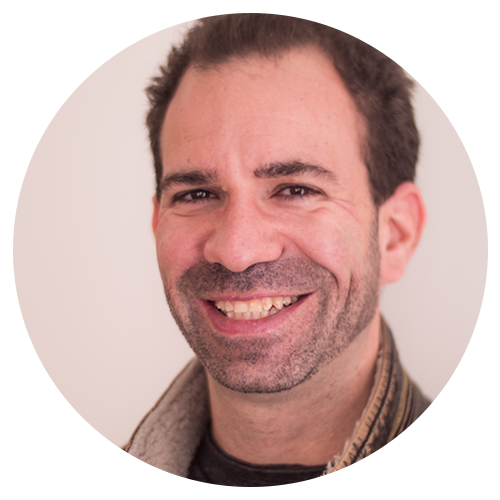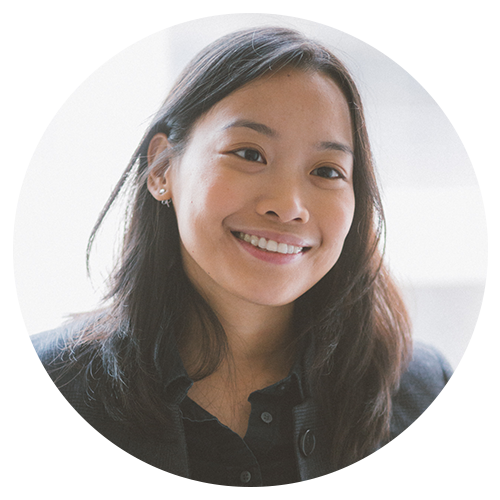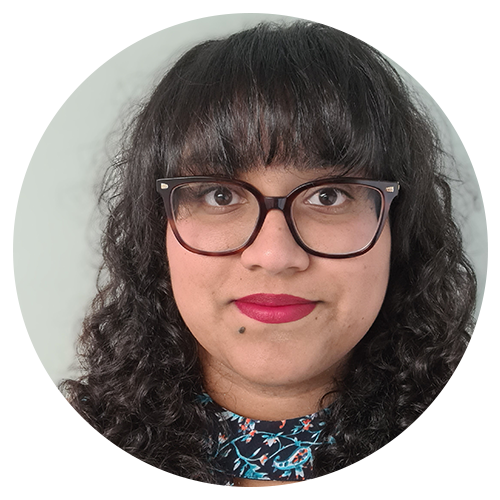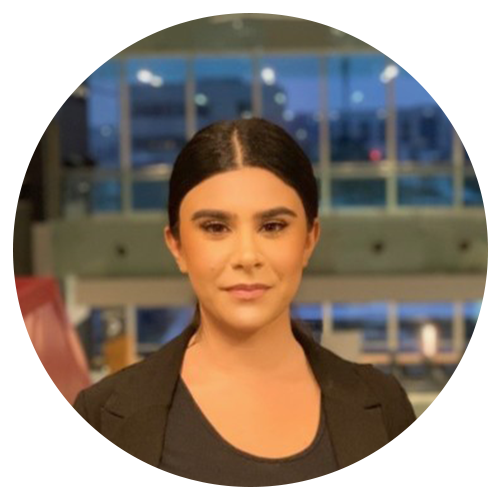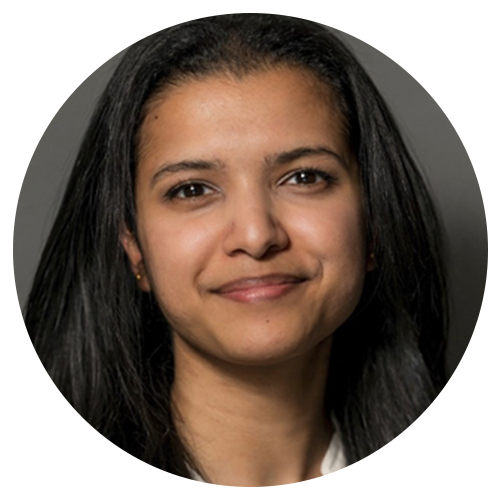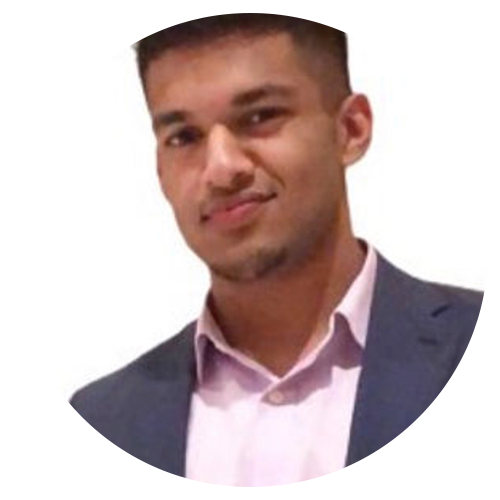
SPEAKERS:
Absolutely Interdisciplinary 2022
Lisa Austin
Professor, Faculty of Law, University of Toronto; Chair in Law and Technology, University of Toronto; Associate Director, Schwartz Reisman Institute
Lisa Austin is a professor in the Faculty of Law at the University of Toronto, an associate director and research lead at the Schwartz Reisman Institute for Technology and Society, and a co-founder of the IT3 Lab, which focuses on interdisciplinary research on privacy and transparency in technology. Prior to joining U of T, she served as law clerk to Mr. Justice Frank Iacobucci of the Supreme Court of Canada. Austin's interests include privacy and property law, and legal theory. Her work has been cited numerous times by Canadian courts, including the Supreme Court, and she is active in a number of public policy debates. In 2017, Austin received a President's Impact Award from the University of Toronto.
Boris Babic
Assistant Professor, Department of Statistics and Department of Philosophy, University of Toronto; Faculty Fellow, Schwartz Reisman Institute
Boris Babic is an assistant professor in the Department of Statistics and the Department of Philosophy at the University of Toronto, a faculty affiliate at the Schwartz Reisman Institute, and a visiting professor in the Decision Sciences department at INSEAD. Babic’s research interests are in Bayesian inference and decision-making, and normative questions in the implementation of artificial intelligence and machine learning. Babic received a PhD in philosophy and MS in statistics from the University of Michigan, and a JD from Harvard Law School.
Finale Doshi-Velez
Gordon McKay Professor of Computer Science, Harvard University
Finale Doshi-Velez is a Gordon McKay Professor in Computer Science at the Harvard Paulson School of Engineering and Applied Sciences. Doshi-Velez completed her MSc from the University of Cambridge as a Marshall Scholar, her PhD from MIT, and her postdoc at Harvard Medical School. Her interests lie at the intersection of machine learning, healthcare, and interpretability. She has published and lectured widely, is a co-founder, organizer, and past president of the Machine Learning for Healthcare Conference, and a recipient of an NSF Career Award and Sloan Fellowship.
Gillian Hadfield
Professor, Faculty of Law, University of Toronto; Director and Chair, Schwartz Reisman Institute
Gillian Hadfield is the director and chair of the Schwartz Reisman Institute for Technology and Society, a professor of law and strategic management at the University of Toronto, a faculty affiliate at the Vector Institute, and a senior policy advisor at OpenAI. Her research focuses on designing innovative legal and regulatory systems for AI, computational models of human normative systems, and machine learning systems that understand and respond to human norms. Hadfield’s book Rules for a Flat World: Why Humans Invented Law and How to Reinvent It for a Complex Global Economy was published by Oxford University Press in 2017.
Eric Horvitz
Chief Scientific Officer, Microsoft
Eric Horvitz serves as Microsoft’s Chief Scientific Officer, where he provides leadership on advances and trends in scientific matters, and on issues and opportunities rising at the intersection of technology, people, and society. He is recognized for his research on challenges and opportunities with uses of AI technologies amidst the complexities of the open world. Horvitz is the recipient of the Feigenbaum Prize and the Allen Newell Prize for contributions to AI. He serves on the President’s Council of Advisors on Science and Technology as an advisor to U.S. leadership on matters involving science, technology, education, and innovation policy.
Aziz Z. Huq
Frank and Bernice J. Greenberg Professor of Law, University of Chicago
Aziz Z. Huq is a scholar of US and comparative constitutional law, and the Frank and Bernice J. Greenberg Professor of Law at the University of Chicago. Huq works on topics ranging from democratic backsliding to regulating AI, and has published widely. He has an active pro bono practice, and is on the board of the American Constitution Society, the New Press, and the ACLU of Illinois. Before joining the Law School faculty, Huq worked as director of the Brennan Center’s Liberty and National Security Project, litigating cases in both the US Courts of Appeals and the Supreme Court.
Natasha Jaques
Senior Research Scientist, Google Brain
Natasha Jaques is a senior research scientist at Google Brain, where her research focuses on social reinforcement learning in multi-agent and human-AI interactions. Jaques completed her PhD at MIT, where her thesis received the Outstanding PhD Dissertation Award from the Association for the Advancement of Affective Computing, and postdoc at UC Berkeley. She has interned at DeepMind, Google Brain, and was an OpenAI Scholars mentor. Her work has been featured in Science Magazine, Quartz, IEEE Spectrum, MIT Technology Review, Boston Magazine, and on CBC radio.
Kate Larson
Professor, Department of Computer Science, University of Waterloo
Kate Larson is a professor in the Cheriton School of Computer Science at the University of Waterloo, where she is affiliated with the AI Group, and holds a University Research Chair and the Pasupalak AI Fellowship. She is also a research scientist at DeepMind. Larson’s work focuses on the interaction of self-interested agents, how computational limitations influence strategic behavior in multiagent systems, and developing approaches to computational issues which arise in practical applications of multiagent systems. She completed her PhD in computer science at Carnegie Mellon University.
Peter Loewen
Professor, Department of Political Science, University of Toronto; Director, Munk School of Global Affairs & Public Policy; Associate Director, Schwartz Reisman Institute
Peter Loewen is a professor of political science at the University of Toronto, director of the Munk School of Global Affairs & Public Policy, and an associate director and research lead at the Schwartz Reisman Institute for Technology and Society. He is also the director of the Policy, Elections & Representation Lab, a senior fellow at Massey College, and a fellow with the Public Policy Forum. Loewen’s work has appeared in numerous academic journals, and he has edited four books and is a regular contributor to the media, including the New York Times, Washington Post, Globe & Mail, Toronto Star and National Post.
Sheila McIlraith
Professor, Department of Computer Science, University of Toronto; Associate Director, Schwartz Reisman Institute; CIFAR AI Chair
Sheila McIlraith is a professor in the Department of Computer Science at the University of Toronto, CIFAR AI Chair, a faculty member at the Vector Institute for Artificial Intelligence, and an associate director and research lead at the Schwartz Reisman Institute for Technology and Society. McIlraith’s work focuses on AI sequential decision making, broadly construed through the lens of human-compatible AI. She is the author of over 100 scholarly publications in the area of knowledge representation, automated reasoning, and machine learning, and her research has made practical contributions to the development of next-generation NASA space systems and emerging web standards.
Jennifer Nagel
Professor, Department of Philosophy, University of Toronto; Faculty Affiliate, Schwartz Reisman Institute
Jennifer Nagel is a professor in the Department of Philosophy at the University of Toronto, and a faculty affiliate at the Schwartz Reisman Institute for Technology and Society. Her research specializes in epistemology and philosophy of mind, with her most recent work focusing on intuitive impressions of knowledge and belief, on the guidance that these impressions provide in the ordinary course of conversation and social interaction, and on what these impressions can tell us about knowledge itself. Nagel is the author of Knowledge: A Very Short Introduction (2014), and president of the Canadian Philosophical Association.
Taylor Owen
Beaverbrook Chair in Media, Ethics and Communication, McGill University; Director, Center for Media, Technology and Democracy
Taylor Owen is the Beaverbrook Chair in Media, Ethics and Communications, founding director of the Center for Media, Technology and Democracy, and an associate professor in the Max Bell School of Public Policy at McGill University. He is the host of the Big Tech podcast, a senior fellow at the Center for International Governance Innovation, and a fellow at the Public Policy Forum. Owen is the author of Disruptive Power: The Crisis of the State in the Digital Age (2015), and co-editor of The World Won’t Wait: Why Canada Needs to Rethink its Foreign Policies (2015) and Journalism After Snowden: The Future of the Free Press in the Surveillance State (2016).
Philippe-André Rodriguez
Deputy Director, Center for International Digital Policy, Global Affairs Canada; Professor, McMaster University
Philippe-André Rodriguez is the deputy director of the Center for International Digital Policy at Global Affairs Canada, and a professor of practice at McMaster University. Among other current responsibilities, he acts as the head of the Canadian Delegation on processes related to the global governance of digital technologies at UNESCO, the Council of Europe, and engagement at the UN Secretary General Roadmap for Digital Cooperation and the Freedom Online Coalition. Rodriguez previously served as senior advisor at Canada’s Privy Council Office on issues related to the governance of digital technology, artificial intelligence, and online platforms. Prior to joining the Canadian government, he was a Fellow at Yale Law School, and completed a DPhil at the University of Oxford as a Rhodes Scholar. His research has been published in Cambridge Review of International Affairs, European Review of History, and Human Rights Review, among others.
Robert Seamans
Associate Professor, Stern School of Business, New York University
Robert Seamans is an associate professor at New York University’s Stern School of Business where he teaches courses in game theory and strategy. Seamans’ research focuses on how firms use technology in their strategic interactions with each other, and the economic consequences of AI, robotics and other advanced technologies. His research has been published in leading academic journals and been cited in numerous outlets including The Atlantic, Forbes, Harvard Business Review, The New York Times, The Wall Street Journal, and others. In 2015, Seamans was appointed as the Senior Economist for technology and innovation on President Obama's Council of Economic Advisers.
Pamela Snively
Chief Data and Trust Officer, TELUS
Pamela Snively is Chief Data and Trust Officer at TELUS, where she leads the team responsible for data and privacy governance. Snively also supports TELUS’ commitment to integrity through her leadership of a variety of initiatives, including the Anti-Bribery & Corruption and Competition Law programs.
Jonathan Stray
Senior Scientist, Berkeley Center for Human-Compatible AI
Jonathan Stray is a senior scientist at the Berkeley Center for Human-Compatible AI working on recommender systems—algorithms that select and rank content across social media, news apps, streaming music and video, and online shopping. For a decade, Stray taught the double masters in computer science and journalism at Columbia Journalism School. He led development of Workbench, a visual programming system, and Overview, an open-source document analysis system for journalists. He was formerly an editor at the Associated Press, a writer for the New York Times, Foreign Policy, ProPublica, MIT Technology Review, and Wired, and a computer graphics designer at Adobe.
Anna Su
Associate Professor, Faculty of Law, University of Toronto; Faculty Fellow, Schwartz Reisman Institute
Anna Su is an associate professor in the Faculty of Law at the University of Toronto, and a 2022–24 Schwartz Reisman faculty fellow. Her primary areas of research include the law and history of international human rights law, comparative constitutional law, technology and international law, and law and religion. Su holds an SJD from Harvard Law School, where her dissertation was awarded the John Laylin Prize for best paper in international law. She received her JD and AB degrees from the Ateneo de Manila University in the Philippines, and held a postdoctoral fellowship at the Baldy Center for Law and Social Policy in SUNY Buffalo Law School, and a graduate fellowship with the Edmond J. Safra Center for Ethics at Harvard University.
Denis Walsh
Professor, Department of Philosophy, Institute for the History of Philosophy of Science, University of Toronto; Research Lead, Schwartz Reisman Institute
Denis Walsh is a philosopher of biology in the Department of Philosophy, Institute for the History and Philosophy of Science and Technology, and the Department of Ecology and Evolutionary Biology at the University of Toronto. Walsh’s research interests revolve around the interpretation of evolutionary theory and the nature of scientific explanation. He investigates the nature of living things and their place in evolutionary biology. He is currently a co-principal investigator on a collaborative project with evolutionary biologists entitled “Agency in Living Systems,” and a research lead at the Schwartz Reisman Institute for Technology and Society.
Richard Watson
Associate Professor, Institute for Life Sciences and Department of Computer Science, University of Southampton
Richard Watson is an associate professor in the Agents, Interaction and Complexity group at the University of Southampton's School of Electronics and Computer Science. Watson received his PhD in computer science from Brandeis University, where his dissertation addressed the algorithmic concepts underlying major transitions in evolution, and held a postdoctoral position at Harvard's Department of Organismic and Evolutionary Biology. He is the author of Compositional Evolution: The Impact of Sex, Symbiosis, and Modularity on the Gradualist Framework of Evolution (MIT Press, 2006). His current research seeks to deepen our understanding of biological evolution by expanding the formal equivalence of learning and evolution—in particular, using connectionist models of cognition and learning.
SRI Graduate Workshop
Alexander Brechalov
Donnelly Center for Cellular and Biomolecular Research, University of Toronto
Alexander Brechalov is currently a postdoctoral fellow at the Donnelly Centre and the University of Toronto. Before that, he obtained his PhD in experimental molecular biology and HBSc in industrial biotechnology. Brechalov has also studied chemical engineering and computational biology. With his interdisciplinary experience, Brechalov works at the intersection of molecular biology and machine learning (ML), focusing on the development of new methods that can facilitate research in biology and medicine. In collaboration with his colleague and friend, Anastasia Razdaibiedina, Brechalov is recently working on a range of projects, including computer vision for microscopy data (PIFiA), ML for ChIP-seq data (DIC-peak) and scientific literature analysis (MIReAD and Journal Advisor).
Kimberly Crasta
Translational Research Program, LMP, University of Toronto
Having been a patient for much of her childhood, Kimberly Crasta recognizes how critical it is for healthcare providers to combine the science with “the human touch.” She believes an effective healthcare system supports the person holistically and encourages active participation. In following her passion, she is a graduate student at the University of Toronto, completing her Master of Health Sciences degree in Translational Research. Prior to this, she graduated with an Honours Bachelor in Life Sciences Co-op, double minoring in Chemical Biology & Psychology at McMaster University. Ultimately, she hopes to be an emergency medicine physician.
Kamilah Ebrahim
Faculty of Information, University of Toronto
Kamilah Ebrahim is a Masters of Information candidate at the University of Toronto, focusing on Human Centered Data Science. She recently graduated as class valedictorian from the University of Waterloo, majoring in economics and econometrics. Ebrahim has worked with the United Nations High Commission for Refugees, Global Affairs Canada, and the United Nations Economic and Social Commission for Asia and the Pacific. She is passionate about using data science and statistical methods to create explainable and transparent technical solutions. Ebrahim is currently a graduate fellow at the University of Toronto Center for Ethics focusing on the Ethics of AI and a Research Intern at the Brookfield Institute for Innovation + Entrepreneurship.
Zihan (Ellis) Gao & RadhikA pRABHUNE
Department of Laboratory Medicine and Pathobiology, University of Toronto
Our research team is composed of Master of Health Science students in the Translational Research Program at the University of Toronto. Team members include Zihan Gao (Ellis), Stephanie Jeanneret Manning, Yomna Elsheikh Ahmed, Mona Irannejad, Sally Moy, Mehrdad Farahani, Radhika Prabhune, Suzan Lorenz, Raza Mirza, and Christopher Klinger. The application of artificial intelligence (AI) in healthcare and medicine is a rising topic of research, but there appears to be limited evidence of patient perspectives on the space. Our goal is to identify and understand the adaptation of AI in healthcare by applying a translational and patient-centered lens.
Alice Huang
Department of Philosophy, University of Toronto
Alice Huang is a PhD candidate interested in social and formal epistemology as well as the application of computational methods to philosophical reasoning. She also enjoys thinking about metaphysics and things related to consciousness. Huang grew up in Taiwan and moved to Abu Dhabi for university before coming to Toronto. When she is not doing philosophy, she spends her time dancing, writing and reading poetry, kitesurfing, and training for triathlons.
Yisheng Li
Ted Rogers School of Management, Toronto Metropolitan University
Yisheng Li holds an MS degree in data analytics and is currently pursuing PhD in digital enterprise and social media at Toronto Metropolitan University (previously known as Ryerson University). His primary research interest is in computational social sciences. Specifically, he is investigating conspiracy theories on social media platforms through the lens of homophily and theories in cognitive science. To this end, he aims to harness graph learning and natural language processing models coupled with large-scale social data. Broadly, he is interested in the ethical implications of AI technology.
Sai-Amrit Maharaj
Translational Research Program, LMP, University of Toronto
Sai-Amrit Maharaj is passionate about patient-centred care, which is why he hopes to pursue a career in family medicine. Currently, Sai is pursuing his Master’s of Health Science in Translational Research at the University of Toronto. Within this degree program, he has become increasingly interested in investigating the current state of health data exchange as he believes improving this may yield better patient care. He currently works in the Dr. Rulan Parekhs Lab at the Hospital for Sick Children where he assists in paediatric nephrology and organ transplantation studies. Prior to his graduate studies, he completed an Honours Bachelor of Science in biological sciences.
Erina Moon
Faculty of Information, University of Toronto
Erina Moon is a Master of Information candidate at the University of Toronto. Her research is within the interdisciplinary area of human-centred data science. She combines the social sciences with statistics and computational techniques to study how computing can be used for social change in the public sector, particularly in the field of child welfare. Prior to joining the University of Toronto, she received a BA in economics from the University of Chicago in 2014 and worked in finance and education.
Randeep Nota
Ontario Institute for Studies in Education, University of Toronto
Randeep Nota is a PhD student in OISE focused on social justice in higher and adult education. Her research is grounded, in part, in critical race theory. Nota also works as an educational developer focusing on critical digital pedagogy—this work includes pedagogy consultations for course design, and designing and delivering workshops on topics including teaching in technology-mediated environments, innovative assessments, and anti-racist pedagogies. She is also a contributing author for a chapter in the upcoming book, Higher Education for Good: Teaching and Learning Futures (expected 2023).
